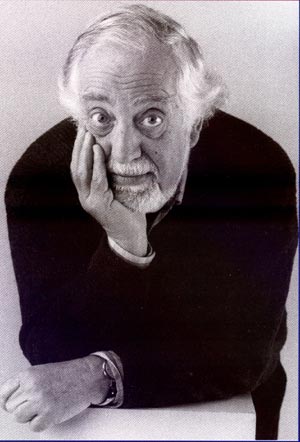Showing posts with label Important Personalities. Show all posts
Showing posts with label Important Personalities. Show all posts
Moustache
Biography of Penelope Fitzgerald
Biography of Adhaf Soueif
In 2004, her book of essays, Mezzaterra, was published. Her most recent work is Cairo: My City, Our Revolution (2012), a personal account of the 2011 Egyptian Revolution. Ahdaf Soueif lives in London and Cairo. She writes regularly for The Guardian and is a key political commentator on Egypt and Palestine. She is the founder of the Palestine Festival of Literature, Pal Fest..
Biography of Morris Lurie

Biography of Ted Hughes
Biography of Graham Greene
When Greene began suffering from mental and emotional problems, his parents sent him to London for psychotherapy (the treatment of a mentally or emotionally disturbed person through verbal communication) by a student of the famous Sigmund Freud (1856–1939). While he was living there, Greene developed his love for literature and began to write poetry. Writers Ezra Pound (1885–1972) and Gertrude Stein (1874–1946) became lifelong mentors (teachers) to him before he returned to high school.
Biography of P G Wodehouse

